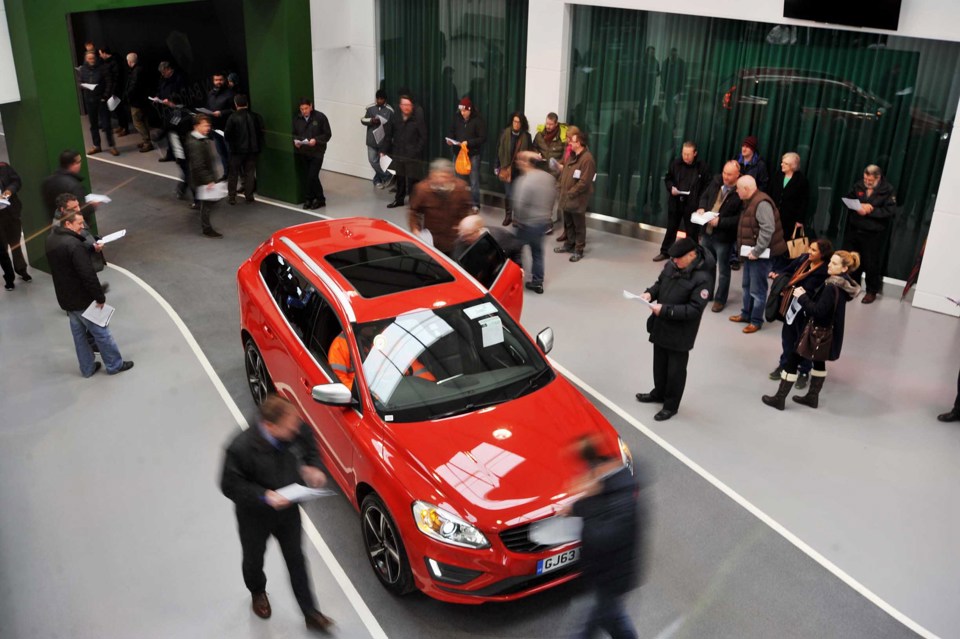Fleets are retaining their current replacement cycles to ensure they are best placed to use the company car as a powerful retention and recruitment tool, according to Aston Barclay.
Despite falling annual mileages, fleets are refraining from extending replacement cycles to four years and beyond to ensure the company car remains as a powerful part of an employee’s package, the remarketing company claims.
“Good people are in high demand across all industry sectors currently and companies are being extremely careful to maximise all elements of an employee’s package, in particular the company car,” explained Martin Potter, Aston Barclay’s group operations director.
“In our experience, extending replacement cycles could impact employee retention or recruitment when rival companies are offering them the chance to replace their car more frequently.
“Manufacturers are also keen to keep fleets at or around the 36-month lifecycle to ensure they continue to buy new cars on a regular basis.”
The annual average age of fleet cars sold in Q4 2016 by Aston Barclay was 38 months, with an average mileage of 48,800 miles. Average age remained static throughout 2016 with Aston Barclay’s fleet customers, while average mileages varied from 42,000 miles to 65,000 miles, depending on fleet vendor.
“Average mileages continue to fall year-on-year, but mileages depend on our fleet vendor’s customer base,” said Potter. “Some are based in professional services such as solicitors and accountants, which tend to be those used cars at or around 42,000 miles, while the ‘job’ fleets are easier to spot at the 65,000 mile mark.”


















Login to comment
Comments
No comments have been made yet.